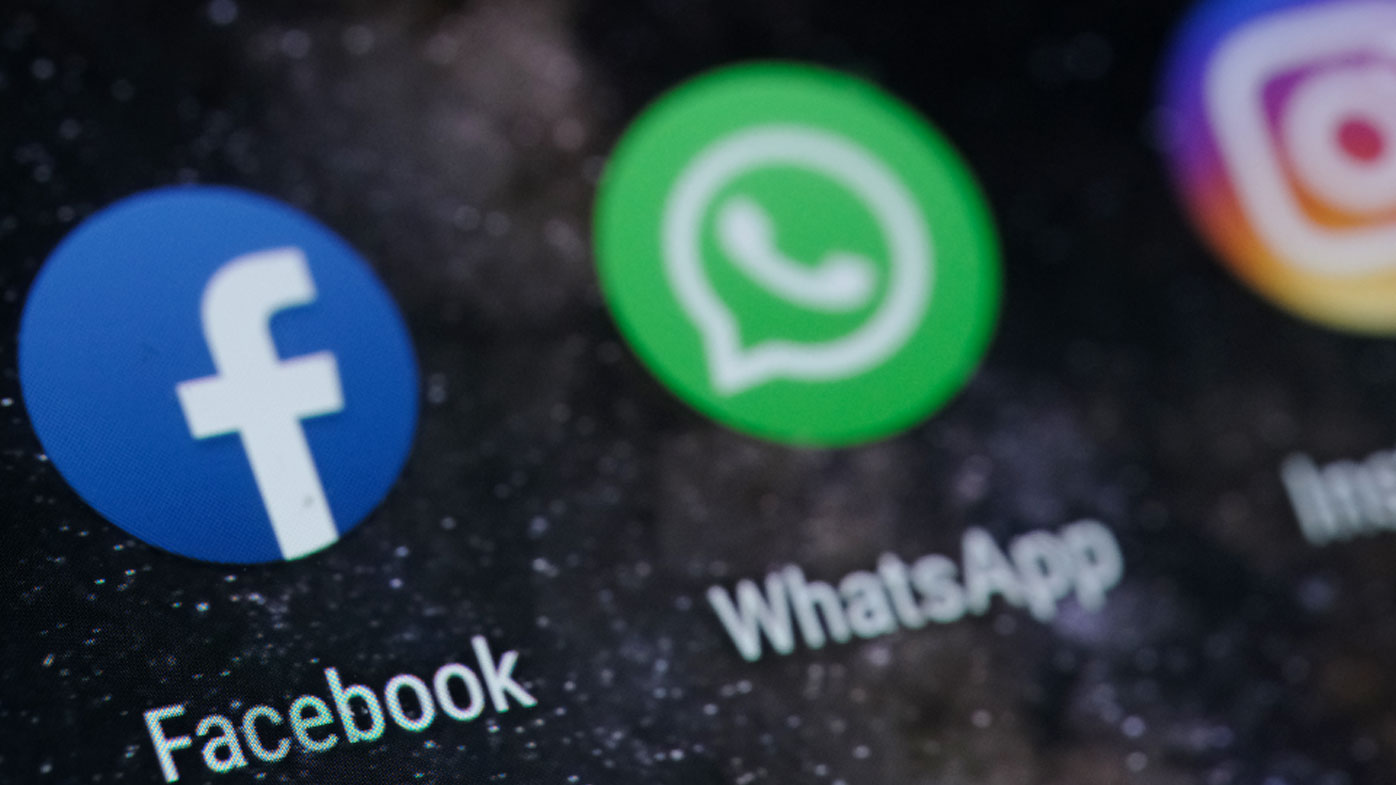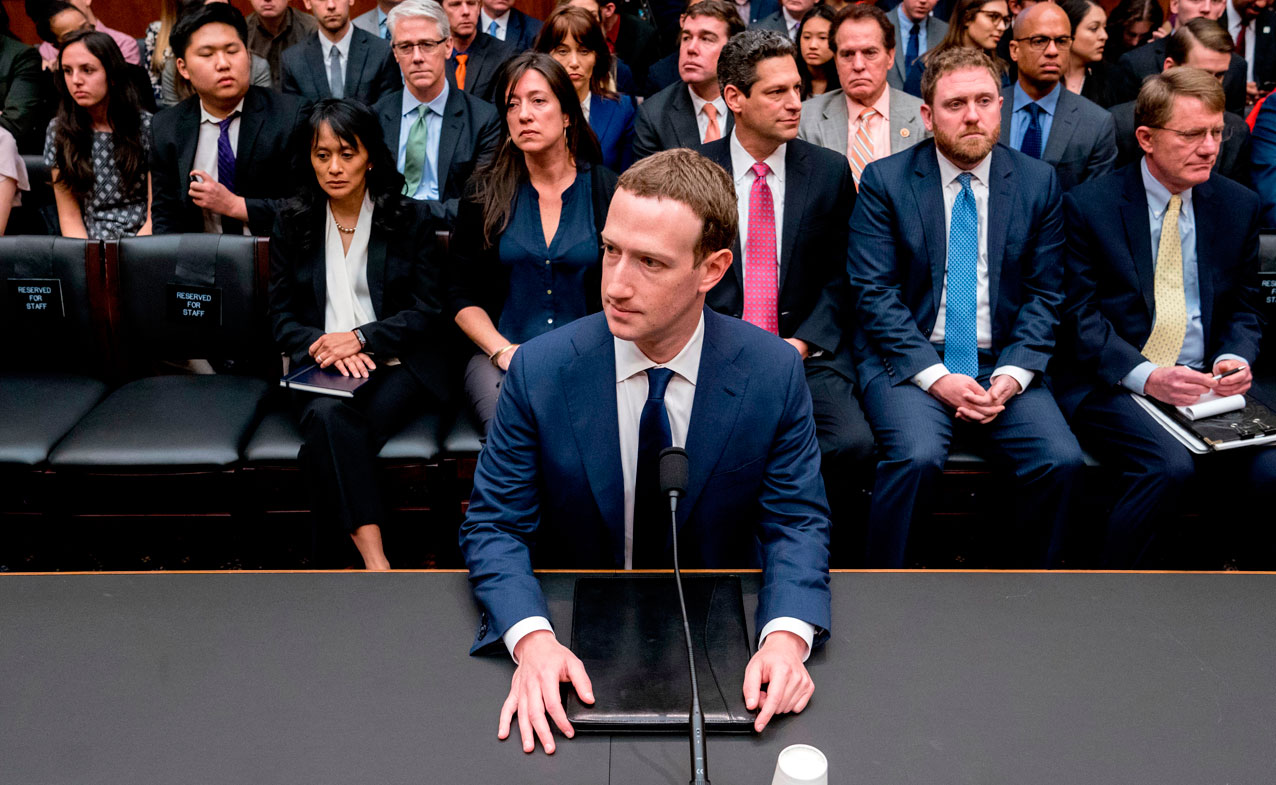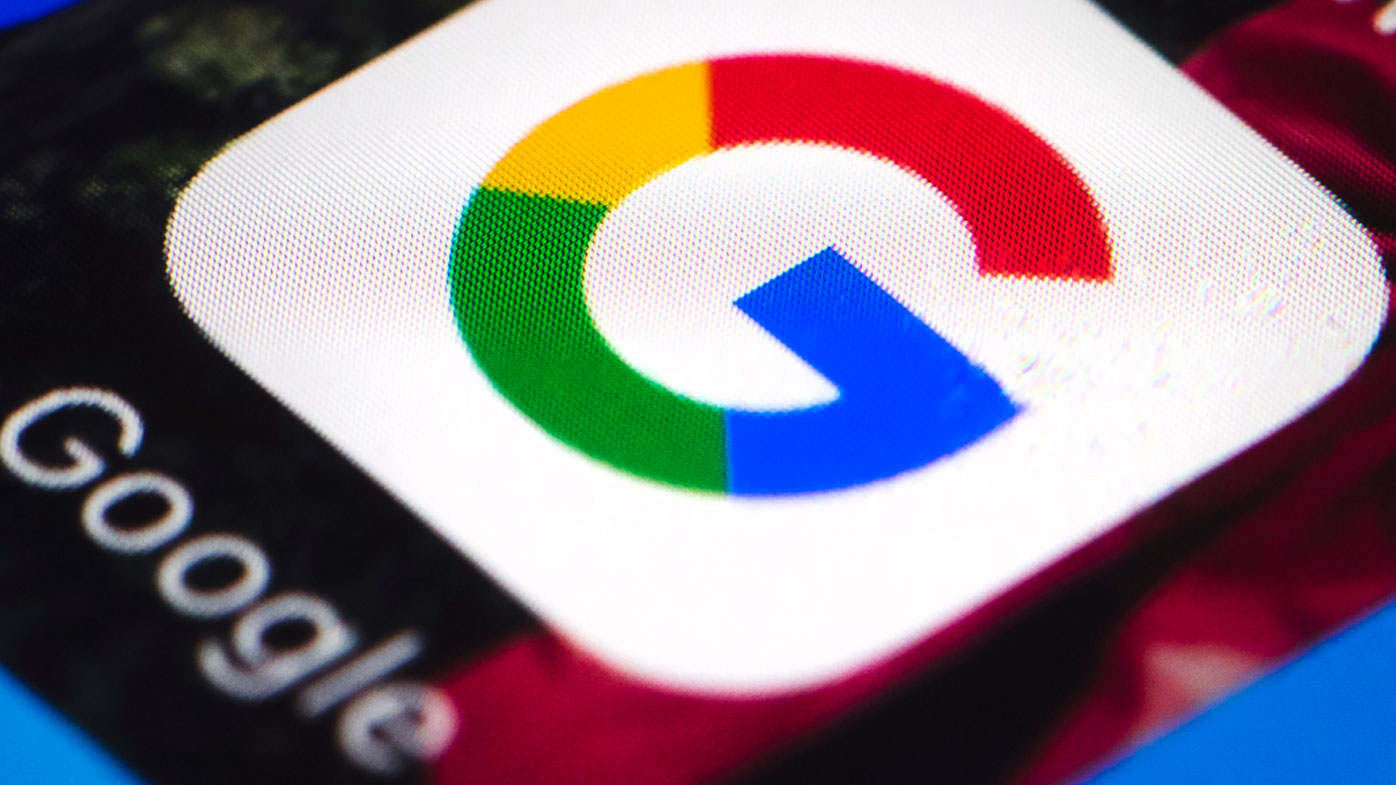Dozens of US states and the federal government have sued Facebook in twin antitrust lawsuits, alleging that the social media giant has abused its dominance in the digital marketplace and engaged in anti-competitive behaviour.
The Federal Trade Commission, in particular, is seeking a permanent injunction in federal court that could, among other things, require the company to divest assets, including Instagram and WhatsApp, effectively breaking up Facebook as we know it. The agency also wants to require Facebook to seek prior notice and approval for future mergers and acquisitions.
"Personal social networking is central to the lives of millions of Americans," said Ian Conner, director of the FTC's Bureau of Competition, in a statement on Wednesday.
"Facebook's actions to entrench and maintain its monopoly deny consumers the benefits of competition. Our aim is to roll back Facebook's anti-competitive conduct and restore competition so that innovation and free competition can thrive."

The parallel lawsuits, months in the making, represent an unprecedented challenge to one of Silicon Valley's most powerful corporations. The complaints zero in on Facebook's acquisition and control over Instagram and WhatsApp, two key services in its social media empire.
The suits come roughly 14 months after New York Attorney General Letitia James announced that her office was leading a group of attorneys general in investigating Facebook for potential anti-competitive practices.
More than 40 attorneys general ultimately signed onto Wednesday's complaint. The FTC, meanwhile, has been conducting its own antitrust investigation of Facebook since June 2019.
https://twitter.com/FTC/status/1336757953416851457?ref_src=twsrc%5Etfw"For nearly a decade, Facebook has used its dominance and monopoly power to crush smaller rivals and snuff out competition," Ms James said at a press conference Wednesday. "By using its vast troves of data and money, Facebook has squashed or hindered what the company perceived to be potential threats."
The state suit calls for a court order requiring Facebook to notify state officials of any future acquisitions valued at US$10 million (A$13 million) or more.
"The most important fact in this case, which the Commission does not mention in its 53-page complaint, is that it cleared these acquisitions years ago," Jennifer Newstead, vice president and general counsel at Facebook, said in a statement. "The government now wants a do-over, sending a chilling warning to American business that no sale is ever final."

"People and small businesses don't choose to use Facebook's free services and advertising because they have to, they use them because our apps and services deliver the most value," Ms Newstead added.
"We are going to vigorously defend people's ability to continue making that choice."
Much of the scrutiny of Facebook concerns the companies it has purchased to build up a massive audience that now totals more than three billion users across its portfolio of apps, according to its financial statements.
That dominance has raised questions by some legal experts, including US politicians, about whether Facebook CEO Mark Zuckerberg set out to neutralise competitive threats by gobbling them up.
As the drumbeat in Washington against Facebook has grown louder, the company has had years to prepare for a showdown.
It has moved to tightly integrate its apps on a technical level, a decision some critics have suggested is a strategy to frustrate any potential breakup.
It has stepped up its hiring of lawyers with antitrust and litigation experience. And the company has fine-tuned its talking points, settling on a narrative that Facebook welcomes regulation but that cracking down too hard could risk giving other countries like China a competitive edge in the fast-moving technology sector.

Wednesday's legal action makes Facebook the second global tech company to be taken to court by US and state government officials this year over antitrust concerns. In October, the Justice Department and 11 states filed a lawsuit against Google, alleging that it had stifled competition to maintain its powerful place in online search and search advertising. (Google has called the suit "deeply flawed" and that consumers use Google's platform because they choose to, not because they are forced to.)
The last major tech antitrust suit before that, experts say, dates back to the US government's landmark case against Microsoft in the late 1990s and early 2000s.
from 9News https://ift.tt/3guxRy1
via IFTTT


0 Comments